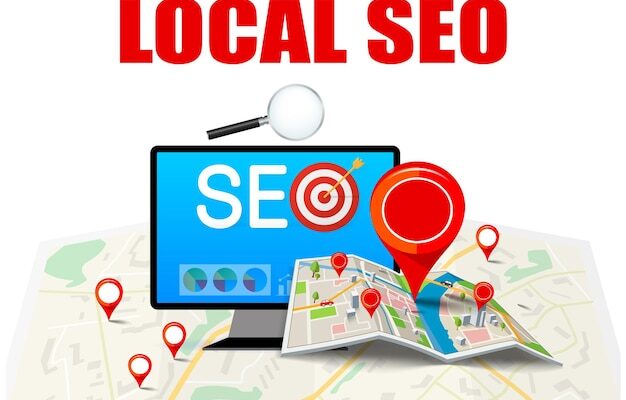Local search optimization has transformed into a sophisticated blend of art and science. As we progress through 2025, small businesses need to adopt advanced local SEO strategies that not only drive online visibility but also convert local searchers into loyal customers. This guide outlines actionable, expert-level techniques to help your business dominate local search results.
Table of Contents
- Introduction
- Optimize Your Digital Footprint
- Advanced Google Business Profile Tactics
- Hyperlocal Content Marketing
- Mobile-First Optimization
- Leveraging Reviews & Social Proof
- Structured Data & Analytics
- Conclusion
Introduction
The local SEO landscape in 2025 is competitive and dynamic. For small businesses, excelling in local search means integrating traditional best practices with innovative strategies. This guide presents advanced tactics designed to build a robust digital presence, engage the local community, and boost your rankings on search engines.
Optimize Your Digital Footprint
A seamless digital presence starts with consistent information across all platforms:
- Unified NAP Information: Ensure your business Name, Address, and Phone number (NAP) are identical across your website, directories, and social media profiles.
- Local Directory Optimization: Claim and update listings on popular local directories and industry-specific sites. Use tools like Moz Local or Yext to audit and fix discrepancies.
- Local Backlink Acquisition: Build relationships with local influencers, community blogs, and business associations to earn high-quality backlinks. These links not only drive traffic but also signal relevance to search engines.
Advanced Google Business Profile Tactics
Your Google Business Profile remains a critical asset. Beyond the basics, consider these advanced techniques:
- Rich Media and Virtual Tours: Incorporate high-resolution images, 360° virtual tours, and videos to showcase your business environment. Rich media increases engagement and time-on-page.
- Regular Content Updates: Use the Posts feature to announce special offers, community events, or new products. This continuous activity tells Google that your business is current and active.
- Customer Interaction: Actively monitor and respond to questions in the Q&A section. Enable messaging to offer prompt support and capture potential leads.
Expert Tip: Analyze your Google Insights to monitor user behavior and fine-tune your profile for maximum engagement.
Hyperlocal Content Marketing
Local content is king when it comes to establishing your business as a community leader:
- Community-Focused Blog Posts: Publish articles about local events, news, and success stories that resonate with your audience.
- Localized Landing Pages: For businesses with multiple branches, create dedicated pages for each location. Include locally targeted keywords, maps, and testimonials to improve relevancy.
- Collaborative Content: Partner with local influencers and organizations to produce content that highlights your involvement in the community.
Mobile-First Optimization
With mobile devices dominating search, a mobile-first strategy is essential:
- Responsive Web Design: Ensure your website adapts seamlessly across all devices.
- Optimized Page Speed: Leverage tools like Google PageSpeed Insights to compress images, streamline code, and improve load times.
- User-Centric Navigation: Simplify your site structure. Clear calls-to-action and accessible contact information are crucial for mobile users.
Leveraging Reviews & Social Proof
Online reviews significantly influence both SEO rankings and customer decisions:
- Proactive Review Requests: Implement automated email or SMS campaigns to solicit reviews from satisfied customers.
- Timely Responses: Address both positive and negative reviews promptly. This interaction demonstrates commitment to customer satisfaction and can mitigate potential damage from negative feedback.
- Display Testimonials: Highlight customer testimonials and case studies on your website and social channels to build credibility.
Structured Data & Analytics
Implementing structured data not only improves visibility but also enriches your search results:
- Local Business Schema: Utilize schema markup to provide detailed business information like operating hours, services, and location.
- Review Markup: Incorporate review schema to display star ratings and other critical metrics directly in search results, boosting click-through rates.
- Performance Tracking: Use Google Analytics and Search Console to monitor traffic, user behavior, and ranking improvements. Regular analysis allows for timely adjustments to your strategy.
Conclusion
In 2025, advanced local SEO is about creating a cohesive, dynamic online presence that reflects your commitment to the local community. By optimizing your digital footprint, leveraging advanced Google Business Profile features, producing hyperlocal content, prioritizing mobile-first design, harnessing the power of reviews, and implementing structured data, your small business can achieve and sustain a competitive edge.
Adopt these strategies to build a robust local presence, engage your target audience, and drive tangible growth in an increasingly digital and competitive marketplace.


